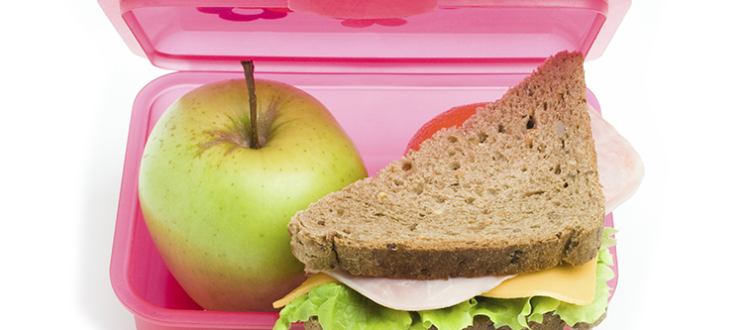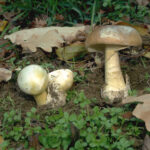
The Food Safety Information Council today launched their back to work and school food safety tips. The focus this year is on the risk of potentially deadly Listeria infection.
Council Chair, Rachelle Williams, said Omnipoll research showed a third of people who are at risk of Listeria, or living with someone at risk, had never heard of Listeria infection and two in ten of these couldn’t name any of the foods they needed to avoid or cook to prevent Listeria infection.
‘One of the most common questions we are asked is what are safer lunchtime alternatives for people at risk of Listeria,’ she said, ‘especially as many lunchtime favourites such as sushi, sliced deli meats, cold chicken, soft cheeses, cut fruit, and pre-prepared salads are high risk foods for Listeria infection.’
People at risk of Listeria include pregnant women, the immune compromised and the elderly. You can check if you are at risk of Listeria infection by taking our simple quiz.
Ms Williams suggested some safer lunchtime options for those at risk:
- Make your own lunch. This will be safer, but be extra careful with cleanliness in your own kitchen
- Prepare your own salads and cut up your own fruit, but don’t use bagged salads, pre-cut fruit, or whole or cut rockmelon
- Replace soft cheeses like camembert, brie, and fetta with hard ones like cheddar
- You can bring leftovers from last night’s dinner for lunch, but don’t use refrigerated leftovers that are more than 24 hours old as Listeria bacteria can still grow under refrigeration. Keep them cool before lunch in the workplace fridge or an insulated container with a freezer block. Leftovers and other prepared food will last longer if frozen – make sure they are reheated correctly in the work microwave or oven
- You can also purchase hot foods at lunchtime as cooking kills Listeria.
She offered 6 simple lunchbox food safety tips that everyone should follow for work or school lunchboxes:
- When buying lunchboxes, choose those that have room for a frozen drink or freezer block and are easy to clean and dry.
- Always wash and dry your hands thoroughly before preparing food, and wash all fruits and vegetables thoroughly.
- Make sure lunchbox foods are always kept separated from raw foods in the refrigerator, particularly raw meats, chicken, eggs in their shells, and fish.
- Keep the lunch cool in the fridge until you are ready to leave home, then put an ice brick in it and refrigerate as soon as you get to work (or keep in a cooler with ice bricks if you work outside.) Discard any higher risk foods such as sushi, salad, meat, poultry or eggs if not eaten within a day of you cooking or preparing them.
- Your child’s lunchbox will keep a safe temperature until lunchtime at school as long as it has a frozen drink or ice brick in it. During hot weather you may want to consider providing safer lunchbox alternatives, such as hard or processed cheese, tuna in a can or vacuum packed, or sandwich spreads.
- If your leftovers need reheating they must reach 75°C in the centre of the food, so either use a meat thermometer to check, or use the automatic reheat function in the work microwave and follow any prompts to stir the food or let it stand for a time after reheating.
‘The Food Safety Information Council would particularly like to thank Tonic Health Media for their support. They are Australia’s largest health and wellness network and will be broadcasting our important food safety messages in more than 5,300 GP practices, hospitals, pharmacies and health centre waiting areas across the country to an audience of over 15 million per month. See their website for more info.’ Ms Williams concluded.
The Food Safety Information Council is a health promotion charity and Australia’s leading disseminator of consumer-targeted food safety information. The Council aims to address the estimated 4.1 million cases of food poisoning in Australia each year that result in 31,920 hospitalisations, 86 deaths and 1 million visits to doctors on average each year.
Further information:
More about Listeria
Useful links from our member the Dietitians Association of Australia:
Media contact:
Lydia Buchtmann, Food Safety Information Council, 0407 626 688 or info@foodsafety.asn.au



